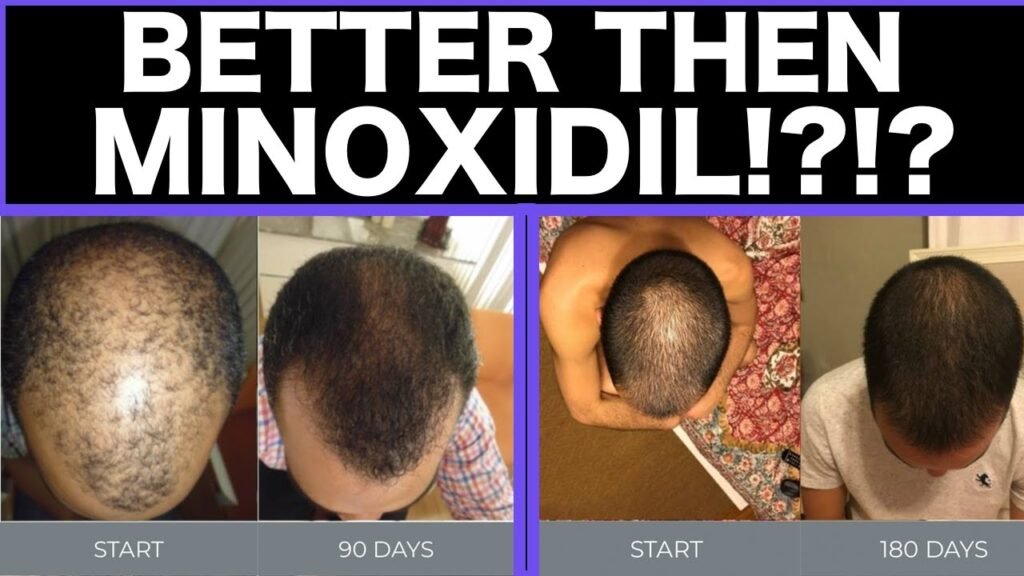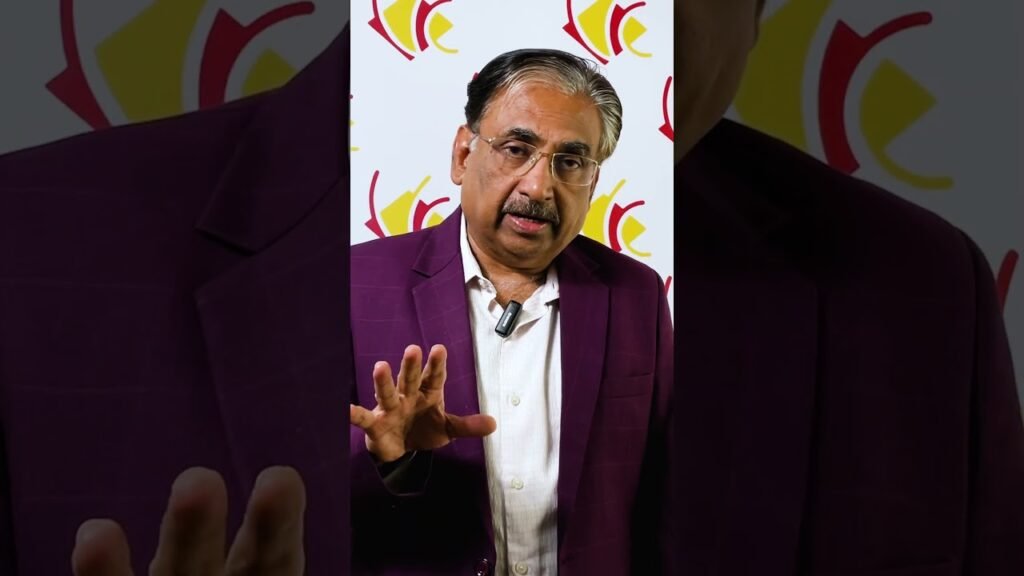Which is better: Minoxidil vs biotin
When it comes to addressing hair loss, both minoxidil and biotin are popular choices, yet they function in distinctly different ways. Minoxidil is a topical treatment primarily used to stimulate hair growth and slow balding. It is commonly found in products like Rogaine and works by improving blood flow to hair follicles, potentially prolonging the growth phase of hair. On the other hand, biotin, a B-vitamin, supports overall hair health by aiding in the production of keratin, a protein that is a key component of hair structure.
Effectiveness of Minoxidil
Minoxidil has been clinically tested and approved by the FDA for the treatment of hair loss, particularly androgenetic alopecia, or pattern baldness. Users often report visible results after several months of consistent use, with improvements in hair thickness and density. However, minoxidils effectiveness can vary from person to person, and discontinuing use might lead to the resumption of hair loss. Its also important to note that minoxidil is primarily effective for hair loss at the crown of the head rather than a receding hairline.
Benefits of Biotin
Biotin is widely marketed as a supplement for improving hair health, but its role in treating hair loss is less direct than minoxidil. While biotin deficiency can lead to hair thinning, most people obtain sufficient biotin through their diet. Thus, supplementation might not yield significant results for those without a deficiency. Biotin is more beneficial for enhancing the strength and resilience of existing hair rather than promoting new growth. Users often find it useful in conjunction with other treatments for a comprehensive approach to hair care.


